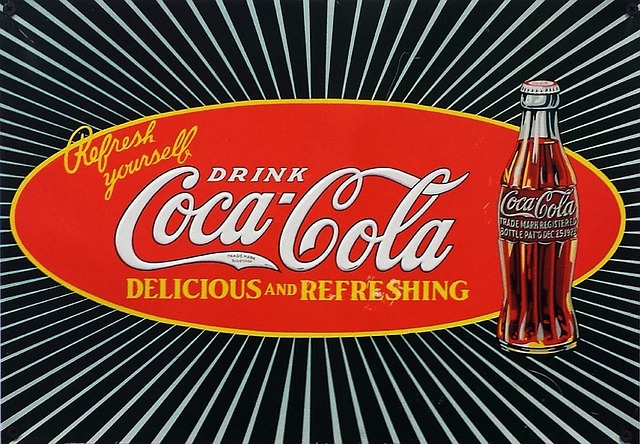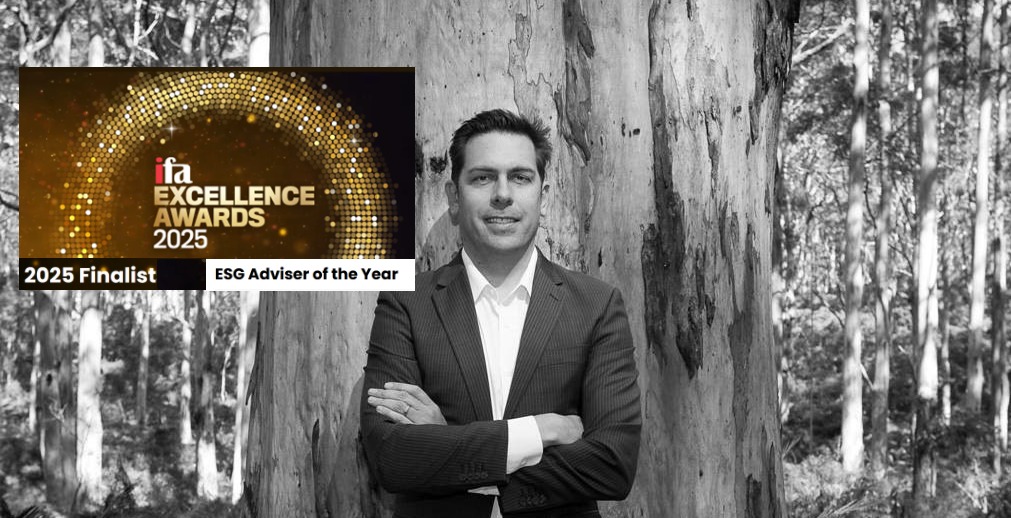Here in Western Australia, where water is precious, an ethical quagmire has emerged, casting a shadow over one of the world’s most recognisable brands: Coca-Cola. Nestled in the outskirts of Perth lies the contentious tale of how a multinational corporation’s thirst for profit collides with the principles of fair resource utilisation and environmental stewardship.
At the heart of this controversy lies the extraction of water. Coca-Cola Europacific Partners’ (CCEP), through its brand Mount Franklin, draws water from privately owned land in Karragullen, in Perth, to bottle and sell it as one of its premium bottled water products. On the surface, it seems like a straightforward business operation—accessing a resource, packaging it, and selling it to consumers. However, peel back the layers, and you uncover a complex ethical dilemma.
Firstly, there’s the question of water rights. Water, especially in arid regions like Western Australia, is a precious resource. By tapping into private water sources, Coca-Cola raises concerns about equitable access to water, particularly in a region where water scarcity is a pressing issue. While the company may have legal rights to access these sources, the moral implications of profiting from a resource that could be vital for local communities’ well-being cannot be ignored.
Secondly, there’s the environmental impact. Bottled water production, from extraction to packaging and distribution, carries a significant ecological footprint. It depletes local aquifers, contributes to plastic pollution, and requires extensive transportation networks, all of which strain the environment. In a world grappling with climate change and environmental degradation, the sustainability of such practices raises serious ethical questions.
Moreover, there’s the issue of corporate responsibility. As a global leader in the beverage industry, Coca-Cola wields immense influence over consumer behavior and environmental practices. With great power comes great responsibility, and the company’s actions in Western Australia serve as a litmus test for its commitment to ethical business practices and corporate citizenship.
So, what’s the solution to this ethical conundrum? What do you think Coca-Cola should do to satisfy local communities, stakeholders, and environmental experts that its water extraction practices are sustainable, equitable, and respectful of local ecosystems?
The case of Coca-Cola’s water dilemma in Western Australia underscores the complex interplay between business interests, environmental concerns, and social responsibility.
As consumers and investors, we have the power to demand greater transparency from corporations, holding them accountable for their actions and advocating for sustainable practices that prioritise the well-being of people and the planet.
Do you feel comfortable investing in this company via your superannuation or investment portfolios? We provide advice on investing in line with your ethical criteria.





